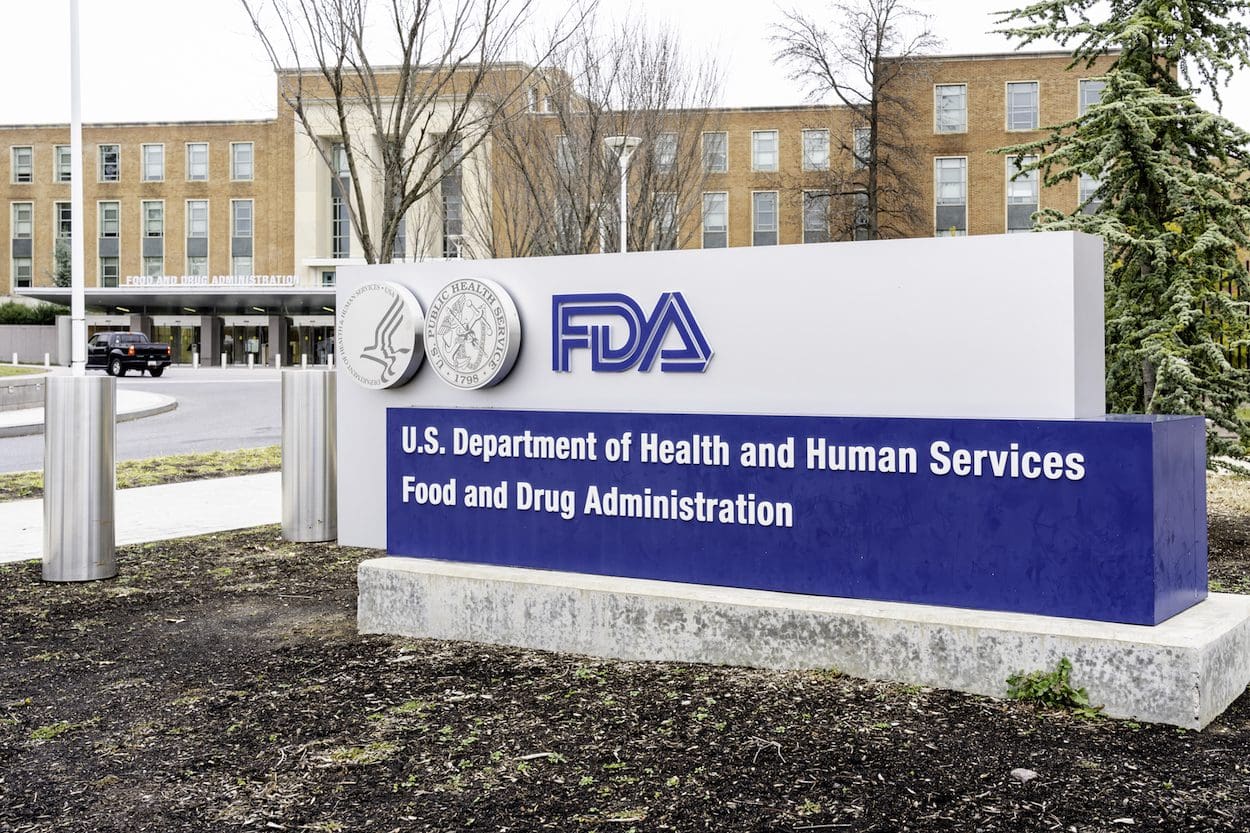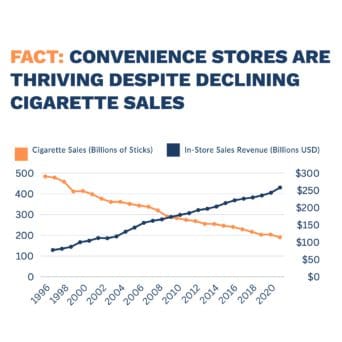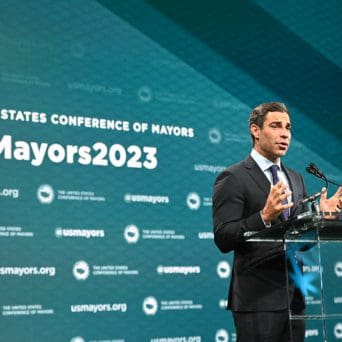Flavors hook kids. Those three simple words summarize one of the major public health challenges parents, educators, health professionals and others face these days — youth use of and addiction to e-cigarettes and other flavored tobacco products. Tobacco companies lure kids with myriad candy- and fruit-flavored nicotine e-liquids, sleekly designed e-cigarettes, cheap flavored cigars, and minty-menthol cigarettes that mask the harshness of tobacco and make it easier for young people to start using tobacco and harder to quit.
It’s no surprise that four out of five youth who ever tried tobacco started with a flavored product. Or that 85% of current youth e-cigarette users use flavored e-cigarettes. Or that 41% of all high school smokers use menthol cigarettes. To confront the problem, we must clear the market of the flavored products that are addicting a new generation of kids and threaten decades of progress in reducing youth tobacco use.

Four out of five youth who ever tried tobacco started with a flavored product — and 85% of current youth e-cigarette users use flavored e-cigarettes.
In recent years, policymakers at the federal, state, and local levels have made significant strides in addressing this public health challenge, but there is much more work to do.

Implementation of the FDA’s flavored tobacco rules may be years away.
At the federal level, the U.S. Food and Drug Administration (FDA) on April 28, 2022, issued proposed rules to prohibit menthol cigarettes and all flavored cigars — long-overdue action hailed by public health advocates as a critical step to protect our nation’s kids from addiction, advance health equity and save lives, especially among Black Americans who have long been targeted with marketing for these products. But implementation of final rules may still be years away.
In addition, the FDA has rejected marketing applications for over one million flavored e-cigarette products. However, the FDA has yet to make decisions about popular youth brands, such as Juul, that have fueled the youth e-cigarette epidemic. And the FDA is still considering whether to authorize menthol-flavored e-cigarettes despite the clear evidence that menthol products are widely used by kids. Every day flavored e-cigarettes remain on the market our kids remain at risk.
Because of the gaps and delays in the FDA’s actions, it is critical that cities (and states) step up their efforts to end the sale of all flavored tobacco products. Cities and states have an obligation to protect the health of their citizens and must act now to stop the tobacco industry from targeting kids, Black Americans and other communities with flavored products.
Youth e-cigarette use remains an enormous problem, with over 2 million kids still using e-cigarettes, many on a daily basis — a sure sign of addiction. The evidence is also clear that as long as any flavored e-cigarettes — including menthol-flavored products — are on the market, kids will shift to them, and we will not end this public health crisis. Cities and states must close the gaps left by the FDA and protect our kids from these dangerous and addictive products.
In California, we’ve seen the tobacco industry challenge the state law at the ballot box with a vote to come this November. That effort has delayed implementation of the state law for nearly two years — but cities have not been deterred. Localities including San Diego, Santa Ana, San Jose, and Sacramento County have acted in the interim and ended the sale of flavored tobacco products. Across the country, over 345 localities restrict the sale of flavored tobacco products.
It is as critical as ever that cities (and states) take action. Let’s face it. It could take years for the FDA to issue and implement final rules to prohibit menthol cigarettes and flavored cigars. The proposed rules just issued by the FDA will be open for public comment for at least 60 days, then the FDA must review the comments and publish a final rule. The effective date of a final rule must be at least one year after it is published in the Federal Register. Inevitable court challenges by the tobacco industry could further delay implementation. We can’t afford more delay in taking action to protect kids and save lives.
If anything, the FDA’s recent actions create an even greater obligation for cities to act because it shows there is overwhelming scientific evidence to support eliminating menthol cigarettes and flavored cigars. The FDA and its Tobacco Products Scientific Advisory Committee have both concluded that eliminating menthol cigarettes would benefit public health in the U.S., especially among Black Americans. The FDA concluded that menthol cigarettes increase smoking initiation and progression to regular smoking among youth and young adults, increase nicotine dependence (addiction), and reduce success in quitting, especially among Black menthol smokers. For these same reasons, cities can act today to end the sale of menthol cigarettes and other flavored tobacco products.
To protect kids — and, indeed, all residents — cities should end the sale of all flavored tobacco products. In doing so, city leaders can set the right example for the entire nation to follow.





